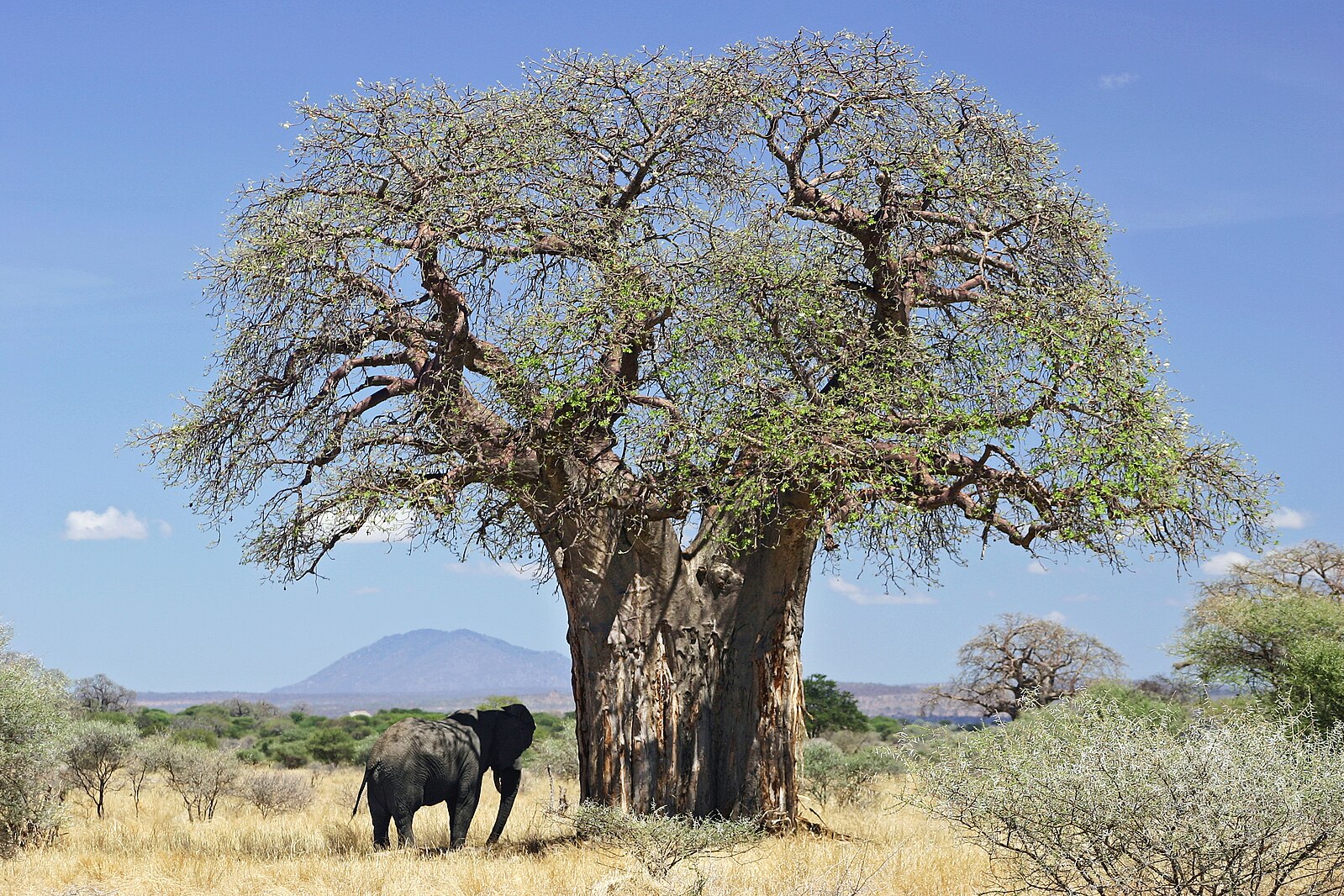
Ever felt like your herbal repertoire could use a refreshing twist? Dive with us into the vibrant world of the African baobab tree, specifically focusing on its lesser-known yet potent leaves. Often overshadowed by the fame of its fruit, baobab leaves are a treasure trove of health benefits that deserve a spotlight in your natural wellness journey.
Baobab Herb Overview
The Baobab tree (Adansonia digitata), native to the savannas of Africa, is often referred to as the "Tree of Life." While the fruit and seeds have gained global popularity, it’s the humble leaves that hold immense potential for health and wellness. Baobab leaves are harvested during the wet season and can be eaten fresh or dried for later use. Traditionally, they have been employed in diverse African communities for their impressive medicinal properties.
In popular culture, the baobab tree has gained recognition through its depiction in "The Little Prince" by Antoine de Saint-Exupéry. The baobab tree in the book is more similar to Adansonia grandidieri, a species native to Madagascar. This striking tree with its bottle-shaped trunk and sparse branches captivates imaginations much like the baobab in the beloved story. While both Adansonia digitata and Adansonia grandidieri are revered for their traditional herbal uses, it's important to note that the medicinal properties of Adansonia grandidieri may differ from those of Adansonia digitata. Both species offer various nutritional and medicinal benefits from their leaves, fruits, and bark, making them valuable resources for natural remedies.
Baobab Herbal Actions
Nutrient Powerhouse: Baobab leaves are rich in essential nutrients such as calcium, potassium, magnesium, iron, and vitamin C. They are also packed with protein and fiber, making them an excellent addition to any diet.
Antioxidant Rich: The high levels of antioxidants found in baobab leaves aid in neutralizing free radicals, thereby reducing oxidative stress and inflammation. This action is crucial for preventing chronic diseases and promoting overall health.
Anti-Inflammatory: Thanks to compounds like triterpenoids and flavonoids, baobab leaves exhibit significant anti-inflammatory properties. This makes them beneficial for conditions related to inflammation such as arthritis.
Antimicrobial: Studies have shown that baobab leaf extracts possess antimicrobial activity against various pathogens including bacteria and fungi. This supports their traditional use in treating infections.
Baobab Energetics
In terms of energetics, baobab leaves embody both cooling and drying qualities. This energetic profile makes them particularly useful for balancing heat-related conditions within the body such as fevers or inflammatory illnesses. Their slightly bitter taste also aligns with their cleansing properties.
Baobab Usage
Culinary Uses: Baobab leaves are versatile when it comes to culinary applications. In many African cuisines, they are used fresh or dried in soups, stews, salads, and sauces. Drying typically concentrates their nutrient content even further.
- Add dried baobab leaf powder to smoothies for an extra nutrient boost.
- Sauté fresh baobab leaves with garlic and onions as a nutritious side dish.
- Brew as a herbal tea: Steep one teaspoon of dried baobab leaf powder in hot water for about 10 minutes—add honey if desired!
Herbal Medicine Uses: Baobab leaves have also been traditionally used for their medicinal properties in various herbal medicine practices. Here are some common uses:
- Detoxifying Tea: Prepare a detox tea by steeping dried baobab leaf powder in hot water. This tea is believed to help cleanse the body and promote overall well-being.
- Anti-inflammatory Poultice: Create a poultice using crushed fresh baobab leaves. Apply it to inflamed areas of the skin to reduce swelling and pain.
- Digestive Aid: Drinking a tea made from baobab leaves is thought to aid digestion and alleviate digestive issues such as bloating and indigestion.
It's essential to consult with a holistic healthcare professional before using baobab leaves for medicinal purposes, especially if you have any underlying health conditions or are taking medications.
Baobob Counterindications
While baobab leaves offer numerous health benefits, certain individuals should exercise caution:
- Allergies: Those with known allergies to related plants like hibiscus or okra may also be allergic to baobab leaves.
- Pregnancy and Nursing: Pregnant or nursing women should consult a healthcare provider before incorporating baobab leaves into their diet.
- Medication Interactions: Individuals taking medications should seek medical advice, as baobab leaves could interact with certain drugs.
Final Thoughts
Incorporating baobab leaves into your wellness routine can bring a host of benefits, from nutritional support to antioxidant protection. Remember to source high-quality leaves and consult a healthcare professional if you have any concerns or existing health conditions.